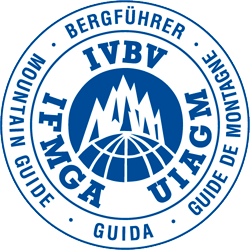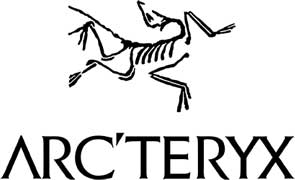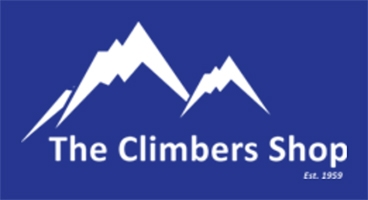ISM Instructional Courses by Pat Littlejohn
The amount of climbing in the Alps is vast and it makes good sense for anyone into climbing and mountaineering to be able to take full advantage of this amazing mountaineering playground.
When I started guiding in 1979 people were generally ‘taken up’ routes and peaks by guides and only beginners were actually taught anything formally - higher skills were expected to ‘rub off’ by being in the company of talented mountaineers. By 1983 all ISM guides had gained their international guiding carnet and we began to take the ‘School’ part of our title more seriously. Our course programme was gradually restructured into predominantly ‘guiding’ weeks and predominantly ‘instructional’ courses, giving people a clearer idea of what they could expect from their week of alpine climbing.
People want different things from their alpine holiday. For some people climbing is an intense pleasure to be squeezed into a very demanding working life and/or family life, and they have little time to pursue the sport outside of one or two short holidays. For such people the ‘guided’ courses are perfect, allowing them to offload all the worrying, organisation and responsibility on to the guide while they just enjoy an amazing week of Alpine climbing at their chosen level. Other people join courses with the aim of becoming competent all-round mountaineers able to tackle peaks independently with like-minded friends. Typically they can keep up their climbing throughout the year, which keeps important skills fresh in their minds, retains mountain fitness and facilitates progress to more advanced courses.
At ISM we try to offer a clear progression to build up skills, knowledge and experience. The total novice to mountaineering might want to start with Introductory Alpin-ISM, which requires no previous climbing experience and is suitable for people with a ‘normal’ level of physical fitness (such as might be gained by regular walking/cycling). Here you get to experience every aspect of alpine climbing - hut walks, roped scrambling on rocky ridges, glacier travel and formal instruction in ice axe and crampon use. This course culminates in an ascent of a high alpine peak where all these skills are combined.
For people with UK climbing experience who want to learn the new skills specific to alpine climbing, our most popular instructional course Summits & Skills 4000m is the one to go for. Here the emphasis is on supervised lead climbing on all types of terrain, starting with rock climbing and quickly moving to the specific skills and rope work required by alpine ground. Instructional sessions on the glacier are more intensive and people learn to front-point and protect themselves on ice as steep as any they will encounter on a classic alpine peak. Next we climb a rocky summit to teach the elements of ‘short-roping’, the most important of alpine skills and the one most demanding of good judgement, before all the teaching and preparation combines in an ascent of a 4000m peak on day 5 of the course. The final day is usually spent teaching crevasse rescue systems and how to put them into practise in the variety of different situations you might encounter, from a short fall where no one is hurt to the rescue of an injured person deep inside a crevasse.
Up a notch now to Classic Alpin-ISM, a week which takes the skills and knowledge gained on Summits & Skills 4000m and applies it to a variety of different types of alpine route, on peaks which are more challenging technically. Here the course participants lead most of the time but the guide is on hand to take over for sections where he feels the safety margin might be compromised. The instruction given on this course could be described as ‘coaching’ – a perhaps overused buzzword these days but one which we take to mean improving and refining existing skills to a more expert level. The coaching happens across the board and seeks to improve peoples’ alpine climbing in all its aspects – starting at the planning and preparation stage, then judgement of conditions on the ground, best strategy for the glacier approach (much less straightforward in these times of acute glacier recession), then on to climbing skills on the variety of terrain thrown at you by alpine peaks. As always in bigger mountains the key is to move over the ground as quickly as possible while maintaining a good safety margin, and this is where the traditional alpine skills such as short-roping, simultaneous climbing, direct belays and other creative uses of the rope come into play - in ways that rarely if ever happen in British climbing.
Technical Alpin-ISM has long been ISM’s most advanced instructional course. It is aimed at people who want to be able to tackle technically difficult pitches in the high mountains and on ‘alpine length’ rock routes which take a full day to climb. To join the course people have to be competent with ice axe and crampons and be happy climbing at a minimum of British Hard Severe standard on multi-pitch routes. We start with more advanced rock climbing skills and you get to lead sections of fantastic routes like the 16-pitch Mirior d’Argentine in the valley next to Leysin, with the guide keeping an eye on things and advising on the best and safest way to conduct every aspect of the climb. In the ice climbing element we refresh the basics then focus on the lead climbing skills for summer ice climbs, building up to an ascent of a multi-pitch alpine north face. We tackle a high rocky peak too, adapting technique to climbing in mountain boots with a full pack and with special attention paid to the descents, where most alpine accidents happen. On a course like this the teaching becomes very personalised, with guides passing on their own particular tips and modes of climbing, from finer points of technique to mental attitudes which have stood them in good stead for decades of safe alpine climbing.
We have other weeks with strong instructional elements too, in particular Technical Alpine Skills which focuses on long alpine routes in the AD grade (which encompasses some of the greatest alpine ridges on peaks like the Dent Blanche, Zinalrothorn and Obergabelhorn) and another called Alpine Rock – Skills & Climbs which aims to introduce keen UK rock climbers to the bigger, broader world of Alpine rock climbing, where you can find everything from sport climbs to 1000m high ridges and faces taking days to climb.
Like many other old-timers I learned alpine skills the hard way and had too many close shaves, most of which would never have happened if I’d had the right instruction at the right time. That’s the aim of all instructional courses really – to help people get out there and have adventures with happy endings, rather than blundering into danger through ignorance of the alpine environment or lack of the necessary skills to cope with it’s rather numerous potential hazards!
[A fuller version of this article appeared in the April 2010 issue of CLIMB magazine]
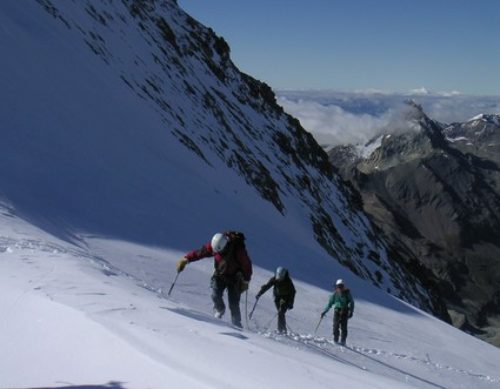
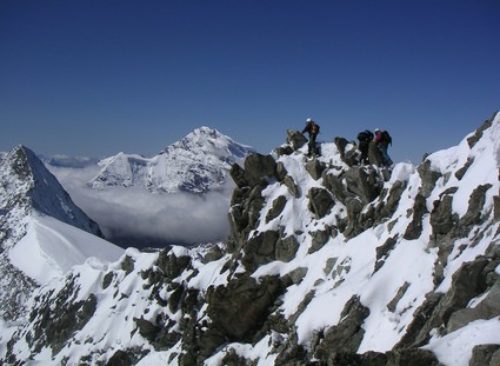
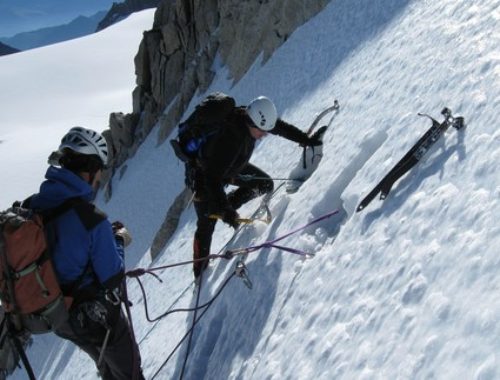
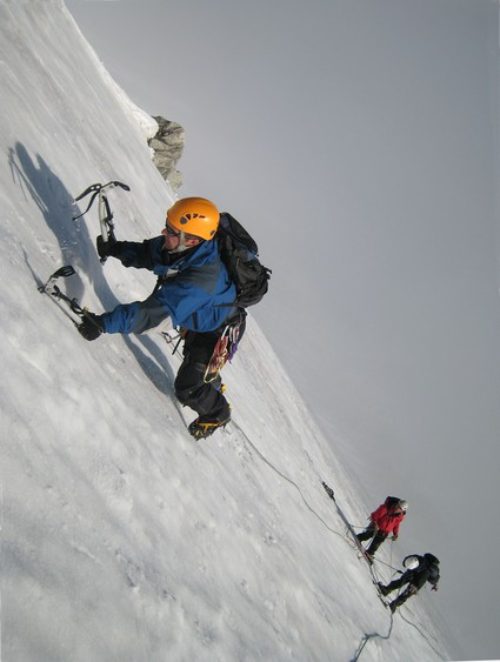
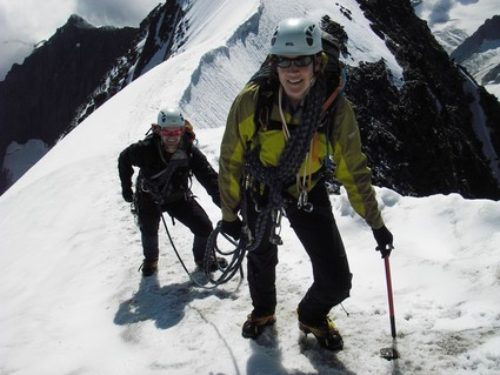
Related News Articles
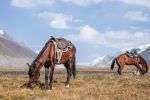
ISM Virgin Peaks Expedition 2024 - Tien Shan Kyrgyzstan
ISM trip report of our trip into a very remote part of the Tien Shan Mountains, Kyrgyzstan
Read Article
Getting Into & Developing Your Climbing
Indoor bouldering is a great place to start if you want to try climbing for the first time. You can…
Read Article
ISM Virgin Peaks Expedition 2023 – Tien Shan Kyrgyzstan
ISM trip report of our trip into a very remote part of the Tien Shan Mountains, Kyrgyzstan.
Read Article
Kyrgyzstan Faces 2022
This year ISM celebrated 25yrs of expedition climbing in Kyrgyzstan, with a fantastic trip to the Fergana Range in the…
Read Article
